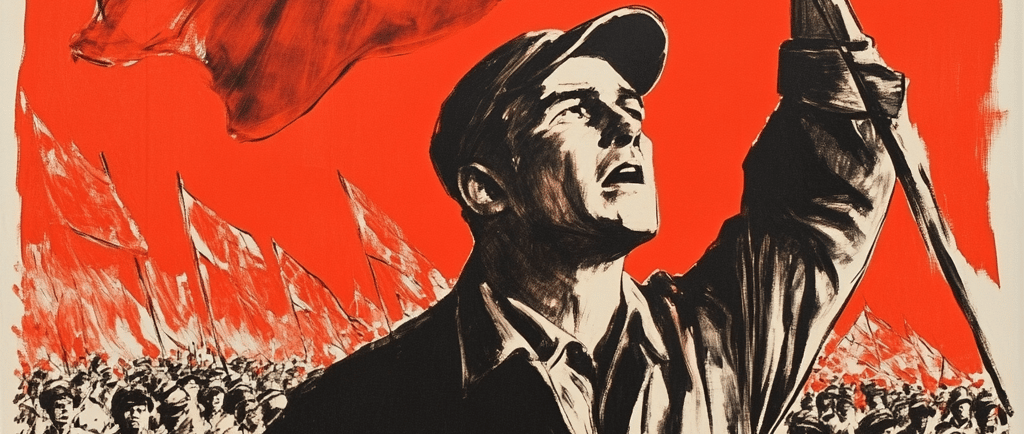The Great Workers’ Rally
Protests against AI-driven unemployment erupt worldwide.
TIMELINE


I stood at the edge of the crowd, watching a sea of faces filled with anger, determination, and a palpable sense of urgency. From all corners of the world, people had gathered in solidarity, their voices rising to challenge an invisible force that seems to loom larger with every passing day. The chants pierced the air, echoing a universal sentiment—fear and frustration over what the future holds in this age of rampant artificial intelligence. It struck me how deeply personal this fight feels for many and how, beneath the surface of technological advancements, there lies a collective anxiety about identity, purpose, and survival.
Why do I find this rallying cry so important? Perhaps it’s because the threat of unemployment driven by AI is not a distant concern; it’s knocking on the doors of my friends, my family, and even myself. I look at the headlines and witness more jobs being taken over by algorithms and machines, and I can't help but wonder what this means for the average person. There’s a chilling sense of inevitability creeping into our everyday conversations, as we ask ourselves how we can remain relevant in a world where a straightforward prompt can generate a novel or design a product. I want to dig deeper into this phenomenon, to understand the ripples it sends throughout our society.
As I think about what’s happening, it’s hard not to see the broader implications. On one hand, efficiency is improving—companies can now produce more with fewer resources, and automated systems streamline operations in ways we never dreamed possible. But beneath that surface lies a darker reality: millions of people displaced from their jobs, struggling to find new roles in an economy that doesn’t seem to want them anymore. What does it mean to be human in a world where machines can replicate so much of what we do? The rapidly evolving landscape not only threatens livelihoods but also challenges our very conception of work and value.
And then I consider the future. If this trend continues, what kind of society are we building? I envision a world where the divide between those who adapt and those who fall victim to obsolescence grows even wider. What happens to communities, to our sense of belonging, if a significant portion of the population feels left behind? The potential for social unrest looms large, particularly as this latest wave of innovation erodes traditional job security. That thought sends a shiver down my spine.
While my heart is heavy with concern, I also hold onto a flicker of hope. Changemakers and innovators are stepping forward, advocating for solutions that integrate human creativity and empathy into the future of work. I often find myself pondering the transformative possibilities—what if this upheaval could lead to a renewed focus on meaningful work, collaboration, and the arts? What if we could create a society where technology complements, rather than displaces, our humanity?
As I wrap my mind around these reflections, I am left with a haunting question that echoes in my thoughts: In pursuit of progress, how do we ensure that we don’t lose sight of what makes us human?
